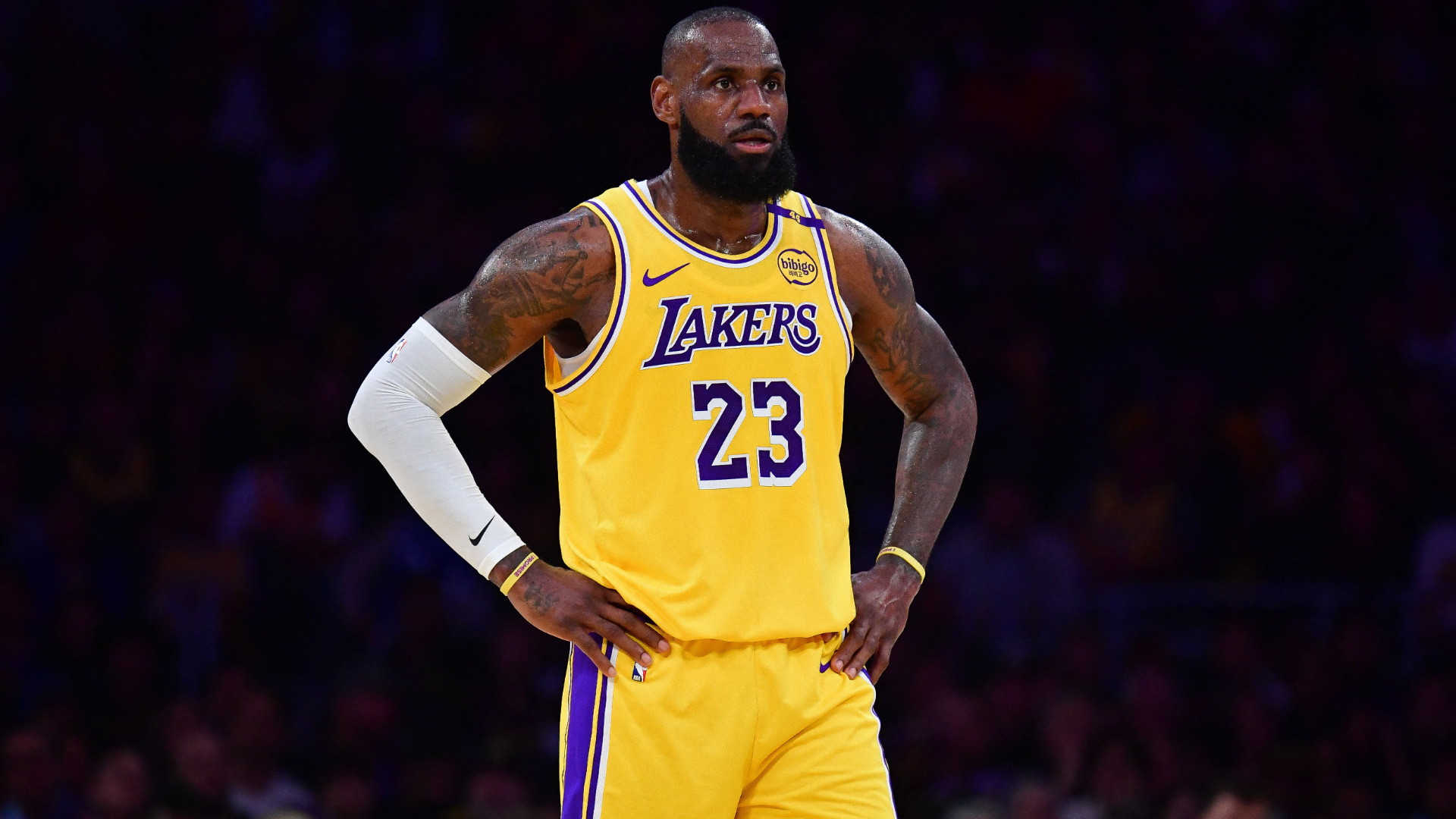Are NBA Players Underpaid? Warriors Star Steph Curry Thinks So
Despite record-breaking contracts, Stephen Curry argues NBA players are still underpaid because they are excluded from owning a stake in their teams and the league's soaring valuations.
Golden State Warriors superstar Stephen Curry recently gave a thoughtful interview explaining why, despite their massive salaries, NBA players remain financially limited compared to the league's overall growth.
Curry, who is set to earn nearly $60 million in the 2025-26 season, pointed to the NBA’s collective bargaining agreement (CBA) as the main barrier preventing players from fully sharing in the sport’s financial upside.
Curry said the current CBA structure forbids players from owning equity stakes in their franchises or the league while they are still active players. "It’s a partnership with ownership. And we’re on the short term of that revenue," Curry said.
He emphasized that although salaries have skyrocketed alongside skyrocketing team valuations, players miss out on the long-term appreciation and profit sharing tied to team equity.
This gap is significant. The Warriors, for example, were valued around $315 million when Curry was drafted in 2009; today, the franchise is worth over $9 billion. Curry’s argument is that players, who help grow these valuations through their on-court performances and marketability, deserve a slice of that increase, not just short-term salaries.
Beyond Salary: A Call for Structural Change
Curry is clear that the issue is not about the headline salary numbers, which are now some of the highest in sports, but about fundamental structural inequities. He argues for an evolution in the league’s business model, where players could participate more in the “upside of team equity, the league valuations” during their careers.
He hopes rule changes will allow players to become true partners in their franchises, sharing in the value they help create. Curry framed this as a fairness issue, underscoring that players generate significant revenue for owners through ticket sales, merchandising, and global media rights but currently only benefit from a limited share of these profits.
This perspective sheds new light on ongoing debates in sports economics and player compensation, suggesting a path toward a more balanced and sustainable model that rewards players beyond just their salaries and bonuses.
The Broader Context: NBA Growth and Player Impact
NBA player salaries are already among the highest in professional sports, with averages around $12 million—far surpassing leagues like the NFL. However, the league’s rapid financial growth, through massive TV deals, global expansion, and franchise sales reaching billions of dollars, has outpaced the players’ ability to share in long-term wealth.
Curry’s comments resonate amid increasing scrutiny of the CBA, which currently runs through the 2029-30 season, with an opt-out possibility after 2028-29. Discussions about players gaining ownership stakes and reforming luxury tax penalties are expected to be key topics in future negotiations between the NBA and its players’ union.






















